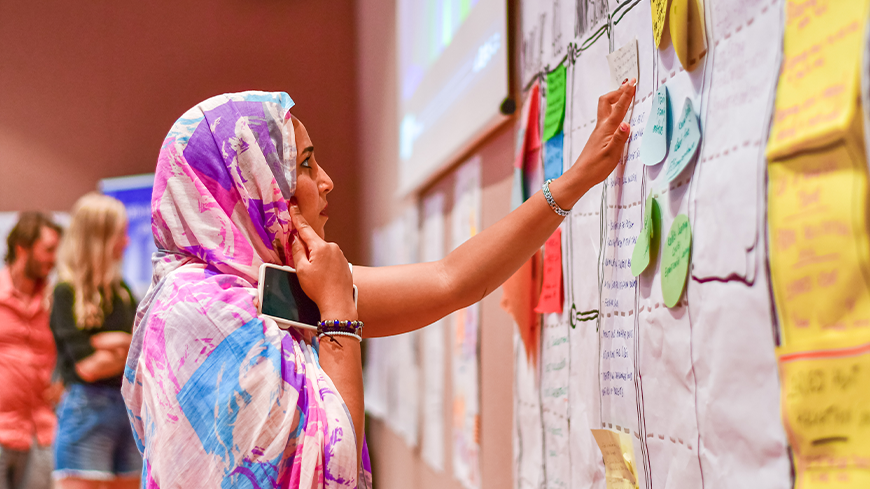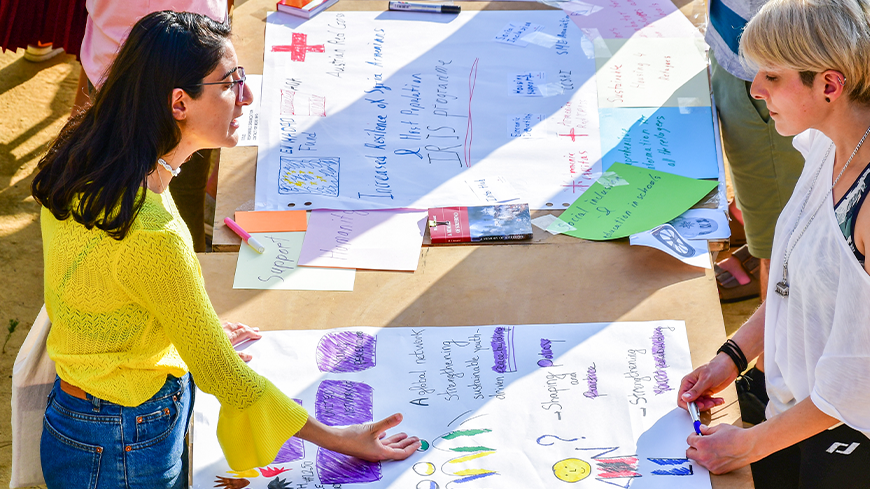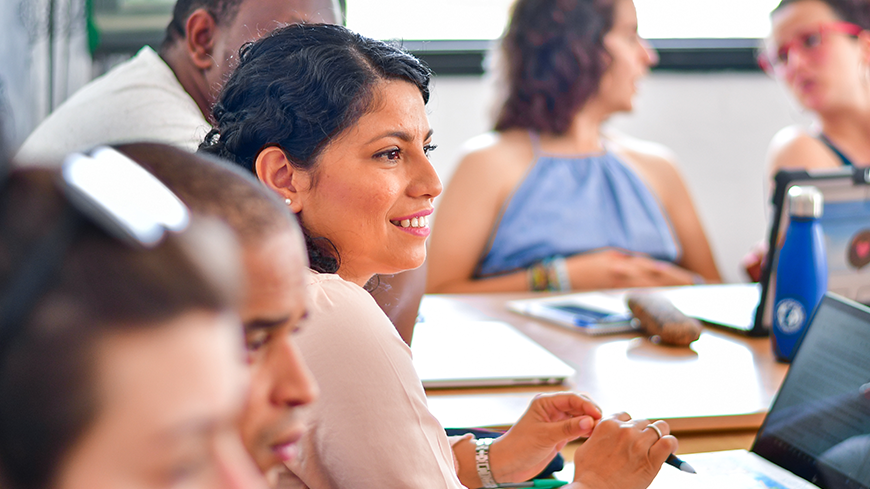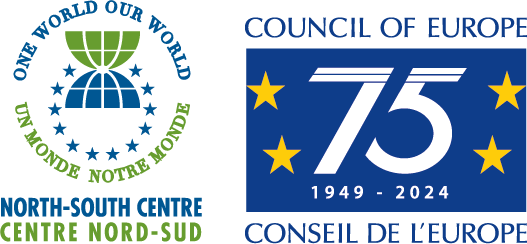After a collective reflection on Information and Communication Technologies, media, digitalisation and Global Education, involving the members of the Media Literacy Task Force for Global Education, and in the framework of the iLegend project, the Media Literacy for Global Education Toolkit for Youth Multipliers is out!
In a globalised world powered by fast-developing information and communication technologies, media works as a facilitator to connect people. However, the increasing power of the media and the general awareness about the capacity of media messages to impact human dynamics, both at local and global levels, may be used to influence economic behaviours, political analysis, and even interpersonal interactions and intercultural dialogue.
On the one hand, media may be used as an important tool in democratic processes – as journalism that abides to professional standards. On the other hand, media can be a powerful tool to disseminate harmful content, leading to disinformation, hate speech, and extremism.
As the common saying goes, “With great power comes great responsibility”. Therefore, Media Literacy needs to be considered a fundamental element of conscious living in an extremely complex world. Following this reasoning, it needs to be integrated as a pivotal aspect of Global Education as it provides a lifelong set of skills that enables informed decision-making and respectful interpersonal and intercultural dynamics. This is in line with the Global Education aim of empowering citizens to deal with complexity and interdependency in the global context.
By enlarging its scope with Media Literacy elements, Global Education becomes a more effective tool contributing to the achievement of UN Agenda 2030 Sustainable Development Goals.
The main aim of the toolkit is to empower practitioners on Media Literacy and its contribution to the field of Global Education, combining the most recent developments in GE, ML, and Digital Citizenship Education. The toolkit explores a set of activities focused on the critical analysis and production of media messages, analysis of algorithms, active participation in societies, maintenance of privacy, maintenance of well-being, and management of e-identity.
Its activities and fact sheets are focused on non-formal learning contexts, but they can also be implemented in schools, targeting both youth multipliers and educators. The toolkit is the main source of inspiration for the Tutored Online Training Course on Global Education and Media, organised by the North South Centre of the Council of Europe.
On this International Youth Day, the North-South Centre of the Council of Europe wishes to contribute to the strengthening of intercultural exchanges with and between young people, taking into account the mechanisms of information systems, in order to encourage a dynamic and interactive understanding of societal issues and to support their role in improving our societies.
Access the Media Literacy for Global Education Toolkit for Youth Multipliers







